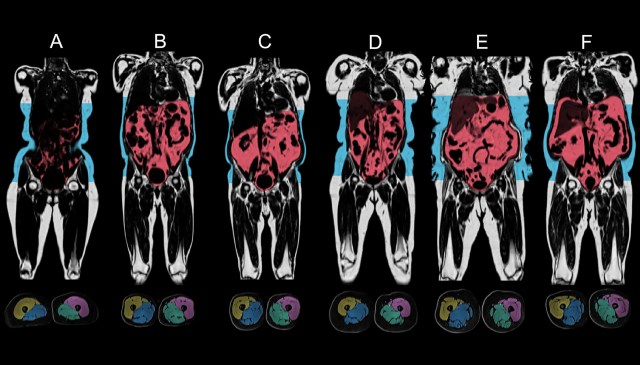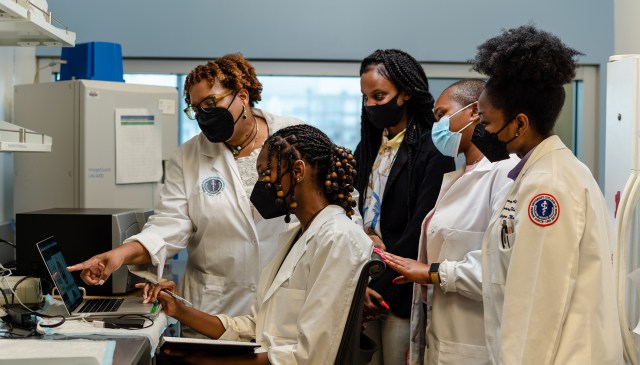Aug 1, 2018 · 3 min read
Ohio State Ballot Measure Aimed at Improving Public Safety and Tackling Overcrowded Prisons Gains Support from the Chan Zuckerberg Initiative
As part of our Justice & Opportunity Initiative, which focuses on housing affordability, criminal justice reform, economic opportunity, and immigration, the Chan Zuckerberg Initiative is proud to support an effort in Ohio to reduce prison spending and bolster addiction treatment and other common sense public safety programs.
This November, Ohio voters will have the opportunity to vote yes on State Issue 1, the “Neighborhood Safety, Drug Treatment, and Rehabilitation Amendment,” a bipartisan ballot measure aimed at putting taxpayer dollars to better use by reducing reliance on prisons to address certain non-violent offenses, including drug use and possession. The ballot measure will also provide earned sentencing credit for those who participate in rehabilitation and education programs while in custody, and increases resources for substance abuse treatment and support for crime survivors.
“Addiction has torn apart families and claimed the lives of people across our state. It’s time to invest in common sense solutions like Issue 1, which will give law enforcement another tool to help those struggling with addiction an opportunity for recovery,” said Tom Synan, Chief of Police for Newtown, Ohio.
State Issue 1 is backed by a coalition of community, law enforcement, faith and business leaders, and community groups. The Ohio Safe and Healthy Communities Campaign submitted 730,031 signatures to qualify the measure for the ballot, surpassing the 305,591 valid signatures of Ohio registered voters required for qualification.
“State Issue 1 is an important step in restoring the balance between incarceration, rehabilitation and prevention. Relying on incarceration to solve addiction and the conditions that drive lower level crimes actually doesn’t make communities safer, and it results in huge expenses to taxpayers with devastating impact to individuals, families, and entire communities. We’re pleased to support Ohioans in directing taxpayer dollars to rehabilitation, drug treatment, and education programs that are proven to improve public safety,” said Ana Zamora, criminal justice manager at the Chan Zuckerberg Initiative.
“Diverse supporters are lining up to help Issue 1 pass because it’s long overdue. Voters want to stop wasting taxpayer dollars on crowded prisons and start investing in a balanced approach to public safety. This measure will put taxpayer dollars to better use by reducing incarceration of low-risk people and applying the prison cost savings to substance abuse treatment and support for victims of crime. It’s about common sense, helping Ohioans and saving money,” said Amanda Hoyt, Amendment 1 campaign spokesperson.
###
About the Chan Zuckerberg Initiative’s criminal justice program
The Chan Zuckerberg Initiative’s criminal justice program focuses on redesigning our justice system through policy reform, technological innovation, and power-building in communities that have historically been excluded from agenda-setting. We support organizations across the country and across traditional political divides doing bold work in criminal justice, such as Families Against Mandatory Minimums, which fights for smart bipartisan sentencing laws; JustLeadershipUSA, which organizes formerly incarcerated individuals to advocate for reform; and the Alliance for Safety and Justice, which brings together crime survivors to advance criminal justice reform policies. We also partner with organizations using technology in new ways to drive change, like Measures for Justice, an organization that has built an online portal to measure county-by-county criminal justice data around the United States.





